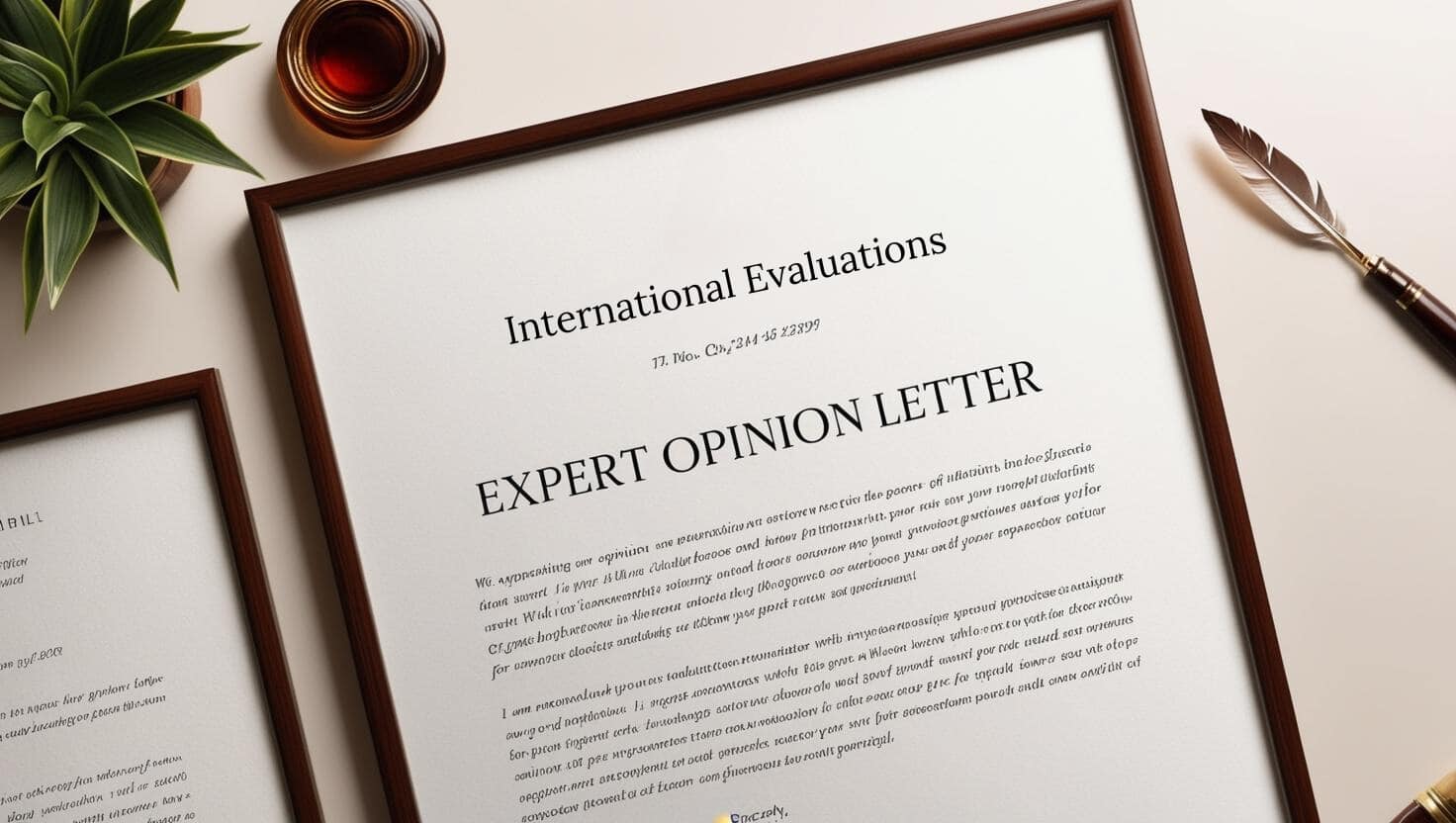Introduction
In today's competitive job market, the transition from class finding out to real-world application is more vital than ever. Trainees and professionals alike are seeking methods to equate their work experiences into academic credits. This short article checks out the complex procedure of examining work experience for education credit, underlining its significance in individual and professional advancement.

As we delve into this subject, we will go over different aspects of scholastic credential examination, global credential assessment services, course-by-course credential examination, and how they associate with work experience evaluation. Additionally, we'll check out professional viewpoint letters and service plan evaluations as part of this complex journey.
From Classroom to Profession: Examining Work Experience for Education Credit
The bridge between class education and career success frequently involves acknowledging the value of useful experience. Many trainees collect considerable work experience throughout internships or part-time jobs that might not be officially recognized by educational institutions. But how can one guarantee that these experiences count towards their academic credentials?
Why Evaluate Work Experience?
Evaluating work experience is vital for a number of reasons:
Recognition of Skills: It validates the skills gotten through hands-on experiences. Enhanced Employability: Companies increasingly seek prospects with practical understanding along with official education. Personal Growth: Acknowledgment of past experiences improves self-confidence and encourages long-lasting learning.Types of Credential Evaluation
Understanding the various kinds of credential examinations readily available can help individuals browse this procedure effectively.
Academic Credential Evaluation
Academic credential evaluation evaluates foreign academic certifications against established standards in another country. This process is crucial for worldwide trainees or workers intending to prove their educational background.
International Credential Examination Services
These services focus on analyzing foreign qualifications and determining their equivalency in the host country's educational system. They supply reports that lay out the level and type of education received abroad.
Course-by-Course Credential Evaluation
This detailed analysis breaks down each course taken during a degree program, providing insights into grades earned and credit hours completed. It's particularly helpful for trainees looking to transfer credits between institutions.
Work Experience Evaluation
Work experience examination works as an approach to officially evaluate non-academic skills acquired through employment or volunteer activities. Here's how it works:
Documentation: People should gather paperwork such as task descriptions, performance evaluations, and any pertinent certifications. Comparative Analysis: The critic compares this details versus established educational competencies. Outcome: The outcome might cause academic credits granted based on shown knowledge and skills.The Role of Professional Opinion Letters
An expert opinion letter can reinforce your case when looking for credit for work experience. These letters normally originate from https://collintokj740.raidersfanteamshop.com/changing-work-experience-into-degrees-through-comprehensive-evaluation industry experts who can vouch for your abilities and contributions in a particular field.
What Should a Professional Viewpoint Letter Include?
- An overview of your function in the organization Specific skills you developed How your experiences associate with academic outcomes
Having an expert endorse your abilities not only provides credibility but also enhances your overall portfolio when requesting innovative studies or positions.
Business Plan Assessment as a Knowing Tool
Creating an organization strategy can be an outstanding method to display your understanding of theoretical concepts used in real-world scenarios. A thorough assessment of a service plan may highlight competencies such as tactical thinking, financial planning, and market analysis.
FAQs
1. What types of work experiences receive scholastic credit?
Typically, work experiences that directly relate to your field of study or demonstrate transferable abilities are qualified for academic credit.

2. How do I discover international credential assessment services?
You can browse online directories or seek advice from universities that often have collaborations with trustworthy credential evaluators.
3. Is there a charge associated with acquiring an expert opinion letter?
Yes, lots of experts charge for their time spent composing these letters; nevertheless, some might offer them pro bono depending upon the situation.

4. Can I get credit for overdue internships?
Absolutely! Overdue internships often provide invaluable experience and can be evaluated similarly to paid positions.
5. The length of time does the credential evaluation process take?
The timeline differs based on the service utilized however normally varies from a couple of weeks to a number of months.
6. Exist specific documents needed for course-by-course evaluations?
Yes, you will require records from all post-secondary organizations participated in, together with in-depth course descriptions when possible.
Conclusion
Transitioning from class knowledge to career preparedness requires acknowledging the significance of useful work experiences in education credit evaluations. As we have actually explored in "From Classroom to Career: Examining Work Experience for Education Credit," both students and professionals stand to get significantly by leveraging their real-world experiences towards their scholastic goals.
By using various kinds of assessments-- be it through scholastic credential examinations or skilled opinion letters-- individuals can boost their qualifications while promoting lifelong knowing concepts that adhere carefully to today's dynamic labor force demands.
In summary, embracing both theoretical knowledge from classrooms together with experiential knowing acquired through expert engagements produces well-rounded candidates prepared to deal with the obstacles ahead in their careers.